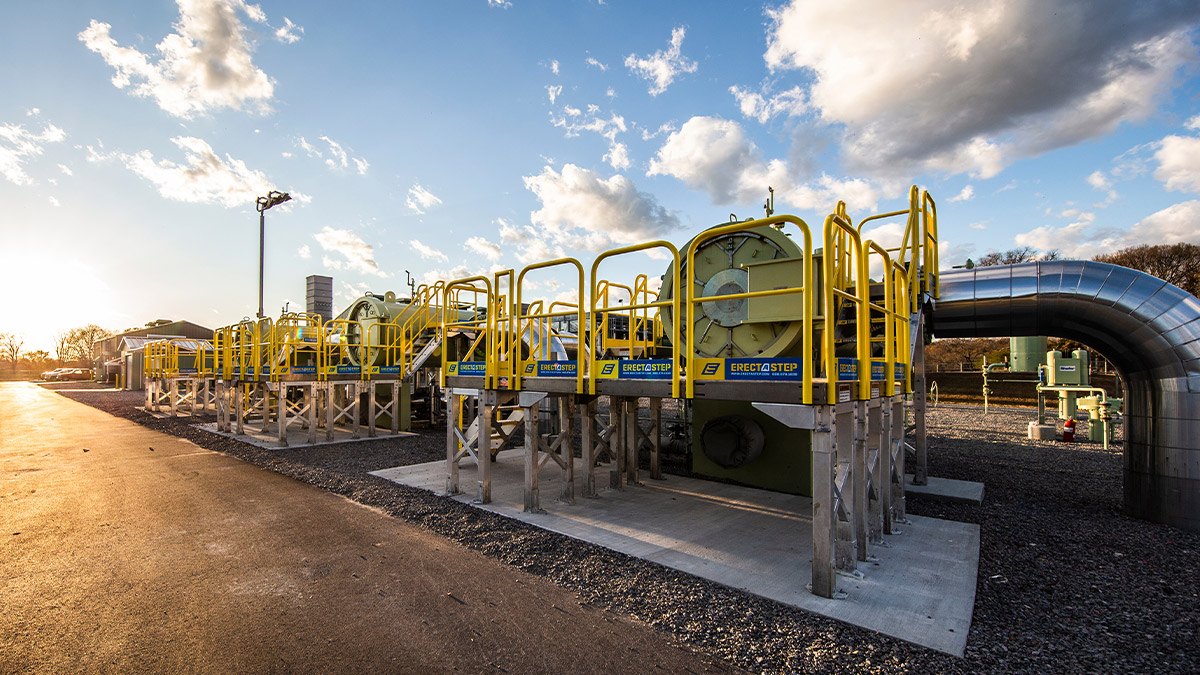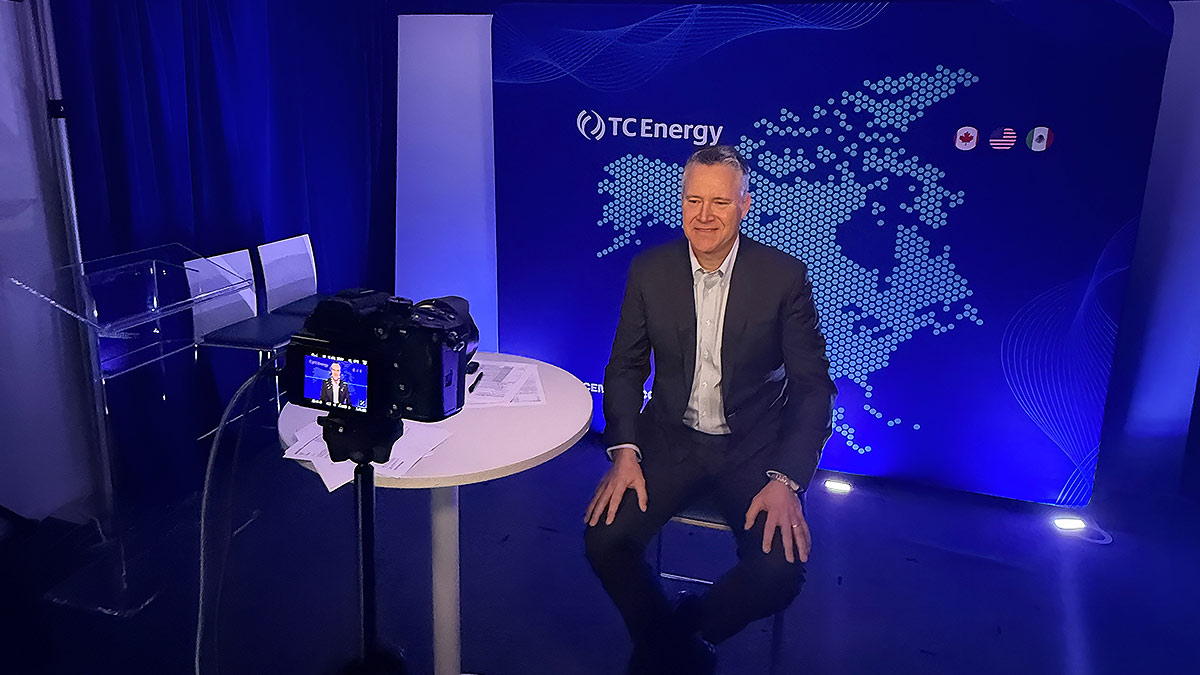Jun 19, 2025
Enhancing safety for our field employees through innovation and collaboration
Posted by TC Energy
For those involved in technological deployment or any type of project management, seeing quantifiable results from your hard work is gratifying. But recognizing the impact of this work on a human level is really where the hours, weeks, and months of tireless effort pays off.
This particularly applies to a cross-unit collaboration in TC Energy’s U.S. Natural Gas (USNG) organization that led to the avoidance of almost 150 in-person callouts between August 2020 and March 2021 on the Columbia Gulf Transmission system. The achievement came with the implementation of remote-control capabilities for Gas Control in Charleston, W.Va.
Callouts occur when field personnel are prompted to visit a station to start or stop compression in response to a notification of operational irregularities. Callouts happen at all hours and range from serious to, more often, not-so-serious.
Eliminating callouts is an awesome saver of time and money. But, more importantly, it has a real impact on the working conditions of our field employees.
Emily Rogers
TC Energy, Director, Gas Control and Planning East, for USNG Commercial Operations
"It can only make things safer for them," said Emily, who helped lead the initiative. She added that improved driving safety has been a top priority for USNG.
The challenge
The primary purpose of the remote-control initiative, however, wasn’t to reduce callouts.
It all started following completion of the Gulf XPress project in 2019 that brought a new suite of technologies and improved efficiencies on the Columbia Gulf system. With those changes came one potential issue.
The seven compressor stations built as part of the project were positioned between older stations that did not fully employ the same level of remote or automation capabilities. So, if a system upset were to occur, the new stations would be able to keep themselves online with recycled gas, but the older stations would be left to languish, potentially causing a cascade effect in which the older stations go offline.

“I heard a lot of concern from our frontline operations people, managers, team leads, and technicians about would happen in such a scenario,” said Tom Rhodes, Operations Director, U.S. Gas Operations South Region, who helped lead the initiative alongside Emily.
The solution
Representatives from USNG Gas Control, Field Operations, Automation and Electrical, Operations and Facilities Planning, and Field Work Planning put their minds together to come up with a series of Columbia Gulf enhancements meant to shore up system reliability.
Their collaboration resulted in the implementation of remote-control capabilities that give Gas Control the ability to, among other things:
Stop compressor units remotely at older stations, in addition to the newer stations.
Change the station mode at new stations when there’s no compression on at the station.
Employ “start/stop” bars on their Supervisory Control and Data Acquisition (SCADA) screens to start or stop station units, including horsepower at the older and new stations.
To “have the systems work remotely, as opposed to only locally, has given Gas Control the flexibility to intervene on potential issues a lot quicker,” said Emily.
In the remote setting, Gas Controllers can glean data from remote terminal units in the field by accessing the SCADA system, and then act on a potential upset. “So, a Gas Controller can essentially push a button and tell the unit to stop, start, or modify the pressure,” explained Emily. As a result, fewer field personnel are needed to directly interface with units onsite.
Since implementation of the remote-control capabilities, there have been no multifacility interruptions due to a system upset.
“This project demonstrates the benefits of people working collaboratively and our willingness to look at opportunities to do things differently,” said Emily. “Innovation cannot be accomplished without breaking down silos.”



